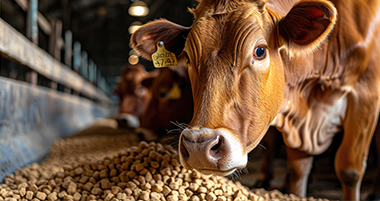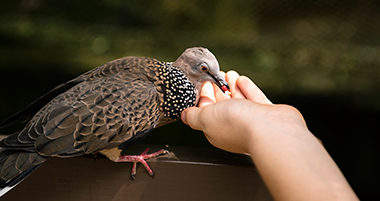Dogs, our loyal companions, are often prone to various digestive problems that can range from mild discomfort to severe health concerns. As responsible pet owners, recognizing these issues early can make all the difference in ensuring our furry friends lead healthy, happy lives. Here, we delve into the five most common digestive issues in dogs, exploring their causes, symptoms, and how to manage them.
Gastroenteritis: The Common Culprit
Gastroenteritis, an inflammation of the stomach and intestines, is one of the most frequent digestive disorders in dogs. It can be caused by bacteria, viruses, parasites, or even dietary indiscretions like eating spoiled food. Symptoms include vomiting, diarrhea, and abdominal pain. Immediate veterinary attention is crucial, as dehydration can set in quickly. Treatment usually involves fluid therapy, dietary management, and sometimes antibiotics.
Pancreatitis: A Painful Condition
Pancreatitis occurs when the pancreas, an organ vital for digestion, becomes inflamed. This condition can be triggered by fatty foods, obesity, or certain medications. Dogs suffering from pancreatitis often show signs of severe abdominal pain, vomiting, and lethargy. A low-fat diet and supportive care are essential in managing this condition, along with close monitoring to prevent recurrences.
Inflammatory Bowel Disease (IBD): A Chronic Challenge
Inflammatory Bowel Disease is a long-term condition where a dog’s gastrointestinal tract becomes chronically inflamed. The exact cause is often unknown, though food allergies, parasites, or immune system abnormalities can be contributing factors. Symptoms include chronic diarrhea, vomiting, and weight loss. Managing IBD typically involves dietary changes, immunosuppressive drugs, and regular vet check-ups to monitor the condition.
Bloat: A Life-Threatening Emergency
Bloat, or gastric dilatation-volvulus (GDV), is a serious and often fatal condition where a dog's stomach fills with gas and twists on itself. Large, deep-chested breeds are particularly susceptible. Rapid eating, excessive drinking, or vigorous activity after meals can trigger bloat. Symptoms include a swollen abdomen, drooling, retching without vomiting, and restlessness. Immediate veterinary intervention is crucial, often requiring emergency surgery to save the dog's life.
Parasites: The Hidden Threat
Intestinal parasites, like worms, are a common cause of digestive distress in dogs. Roundworms, hookworms, and tapeworms can lead to symptoms like diarrhea, vomiting, and a pot-bellied appearance, especially in puppies. Regular deworming and fecal exams are essential in preventing and controlling parasitic infections. Treatment usually involves specific antiparasitic medications prescribed by your vet.
Keeping Your Dog’s Digestive Health in Check
Maintaining your dog's digestive health is vital to their overall well-being. Regular veterinary visits, a balanced diet, and monitoring your pet's eating habits can go a long way in preventing these common digestive issues. If you notice any signs of digestive distress, don’t hesitate to seek professional advice. Early intervention is key to ensuring that your furry friend stays happy, healthy, and full of life.




